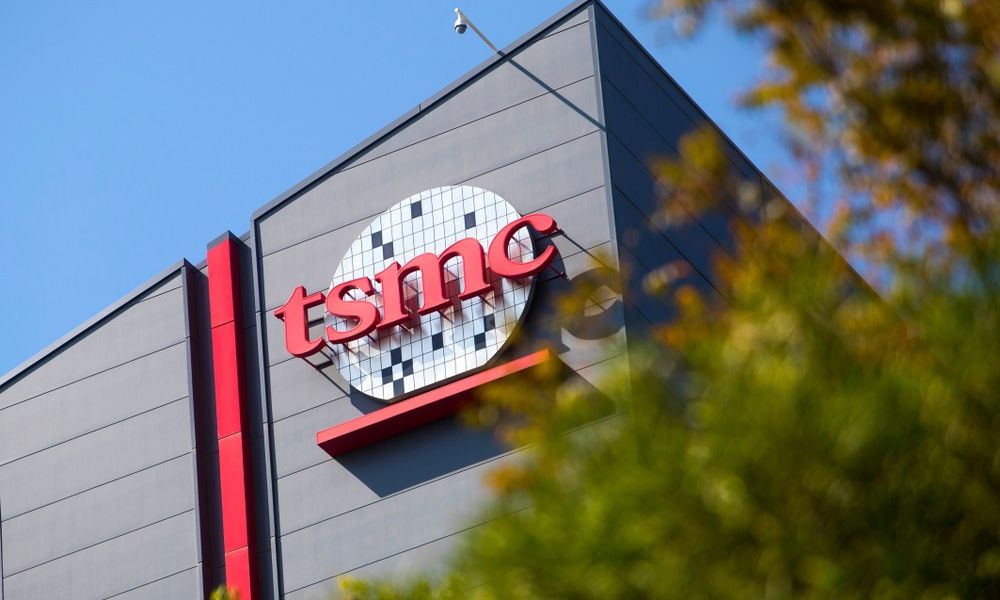TSMC Managers About American Workers: ‘Americans Are the Most Difficult to Manage’
 Credit: Shutterstock
Credit: Shutterstock
Toggle Dark Mode
“The most difficult thing is personnel management. Americans are the worst at this because Americans are the most difficult to manage.”
The Taiwan Semiconductor Manufacturing Company (TSMC) is working on expanding its manufacturing presence in the U.S. state of Arizona and its expansion is causing increasing tension among company managers.
It seems that TSMC managers are concerned about the costs of the expansion plan, while also having concerns about whether or not American employees will work hard enough.
TSMC first announced its plans to build a chip fabrication plant in Arizona back in 2020. It then in 2022 announced that it was tripling its investment to $40 billion.
TSMC managers are said to have concerns about TSMC’s U.S. expansion plans, says The New York Times. Engineers working in Taiwan are willing and accustomed to working long hours and also on weekends. However, managers are concerned that American workers will not want to follow a similar schedule.
According to interviews with 11 TSMC employees, who asked to remain anonymous because they were not authorized to speak publicly about the matter, there are internal doubts about the U.S. factory plans.
At least one engineer was worried that he would have to “pick up the slack” for US workers.
“The most difficult thing about wafer manufacturing is not technology,” Wayne Chiu, an engineer who left TSMC in 2022 said. “The most difficult thing is personnel management. Americans are the worst at this because Americans are the most difficult to manage.”
Three other TSMC employees told The Times that it was challenging for them to standardize processes among U.S. engineers, as the U.S. workers questioned the approaches taken by their Taiwanese counterparts. In Taiwan, engineers tend to follow orders without questioning them.
Still another TSMC engineer said that Americans struggle when given several projects to work on. The Americans even turned down new assignments to avoid working longer and harder on the projects.
TSMC founder Morris Chang said in October that US efforts to rebuild its chip-making industry were “doomed to fail”. However, in December he also said that TSMC is “far more prepared.”
In last month’s earnings call, TSMC officials said U.S. construction costs could be at least four times what the cost would be in Taiwan. The inflated construction costs are said to be driven by inflation, regulatory compliance, labor expenses, and the cost of permits.
The company’s factory expansion in the outskirts of Phoenix is meant to bring advanced microchip production to the United States while helping to prevent any potential issues involved with the worsening technological battle between the United States and China.
The Arizona project is the Taiwanese chip maker’s first major move to ease rising concerns around the globe about the geopolitics of chip production, as China continues to take a hostile posture towards Taiwan and concerns about an ongoing global chip shortage.
While traditionally, TSMC has had most of its chip production facilities located in Taiwan, it is now also building a factory in Japan. Meanwhile, European politicians have made attempts to attract a TSMC factory. The chip maker is reportedly in the final stages of making a decision about a European plant.
TSMC’s Arizona factory is expected to begin fabricating microchips by 2024, with the expansion to take place on the same site later.







